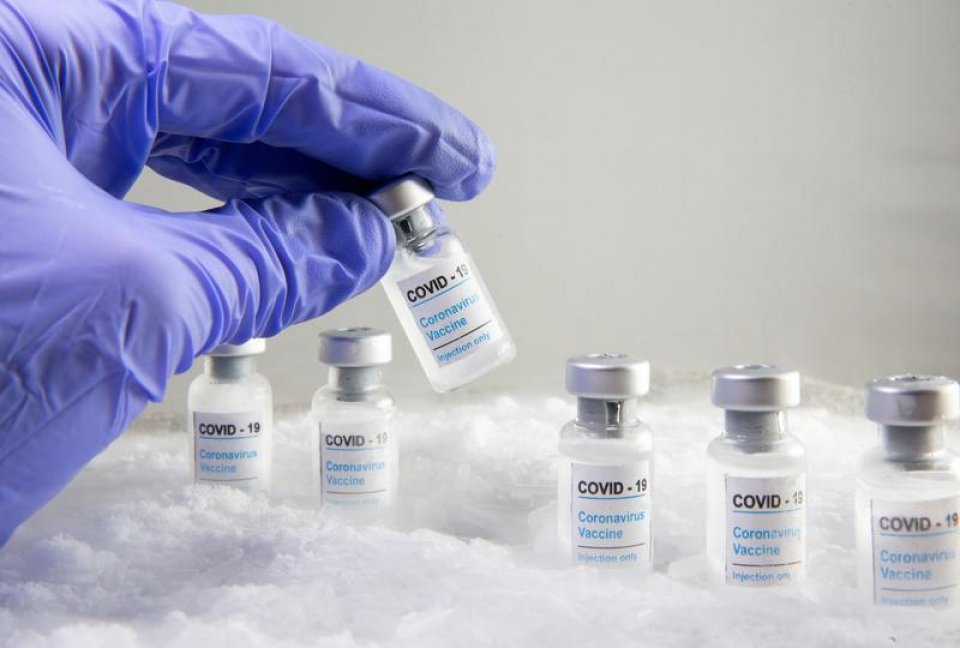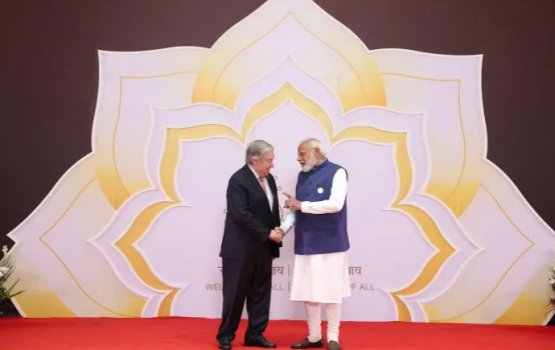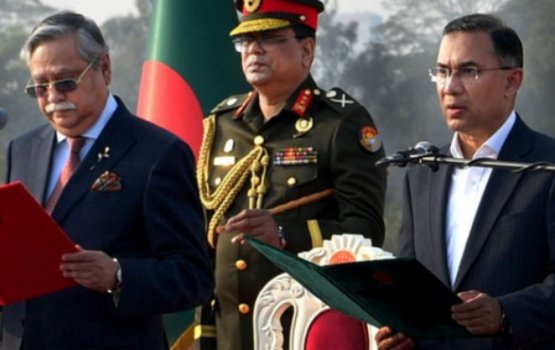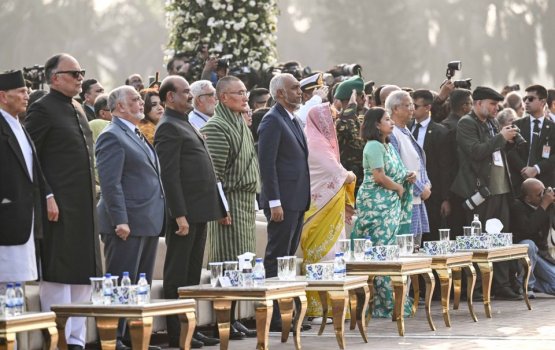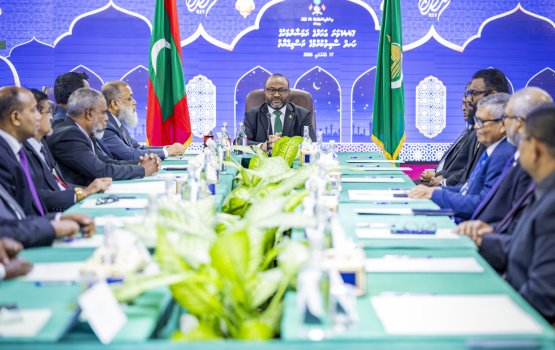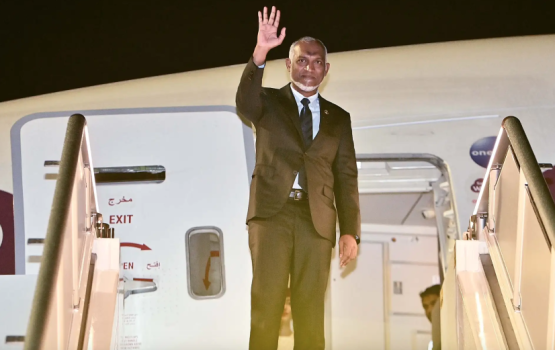The Health Emergency Operations Center HEOC yesterday unveiled the COVID-19 vaccinations plans that it would follow when a vaccine is made available to the country with several candidates now being administered in some countries and others nearing last-minute approvals.
Here are the key things that were revealed at the press conference by HEOC Spokesperson Dr. Fathimath Nazla Rafeeq and HEOC Consultant Dr. Nazla Musthafa
When would the vaccinations begin?
HEOC Spokesperson Dr. Nazla that COVAX, a ground-breaking global collaboration to accelerate the development, production, and equitable access to COVID-19 tests, treatments, and vaccines, had accepted the Maldives's application to receive vaccine once it is available and that it would provide vaccination to 20 percent of the country's population. She said that authorities are working tirelessly to secure a vaccine shipment and that mass vaccinations would begin in the first three months of 2021.
Who would get the vaccine first?
Since the COVAX is providing free vaccination to 20 percent of the population, HEOC Consultant Dr. Nazla Musthafa revealed that authorities had prioritized who would be receiving the immunization first based on the work they do and the dangers they face during the pandemic.
- Front line health and social care workers (3 percent)
- People in the health care sector working with patients or come in contact with their waste/ secretions including doctors, nurses, health workers, lab technicians, receptionists, pharmacists, cleaners, workers in industry, waste handlers, patient transport, those taking samples, RRT, vaccinators and those involved in immunization operation in the field, and staff who perform funeral/ burial arrangements of COVID-19 patients.
- Social care workers include staff and care workers at disability centers and children's homes.
2. Those at risk of developing complications (17%)
- People those age of 50 years and aboveAge below 50 years with the following risk factors including cancer patients under treatment (any case currently on treatment or received treatment within last year one year), Diabetes mellitus, Obesity -BMI above 40, immunocompromised patients.
- Chronic kidney diseases- stage 3 and above
- COPD or chronic lung disease including asthma, on regular treatment
- CAD Cardiac failure, cardiomyopathy, severe congenital heart disease
- Liver cirrhosis
- Dementia/ Stroke
- Thalassemia major, sickle cell disease
- Bedridden patients and caretakers
3. Frontline essential workers and international travelers
- Teachers
- Police
- MNDF
- Frontline staff at travel industry including airport frontline staff and travel, counter staff at travel agencies, airline crew
- Frontline staff in the tourism industry
- waste management
- Crew members of sea transportation vehicles
- Public transport crew (land and see)
- Staff of correctional facilities
- Frontline staff working in offices/public areas who serve the public directly
- International travelers
Who would not get the vaccine
At yesterday's press conference authorities did reveal that there are no plans to vaccinate children against COVID-19 as no vaccine have been yet tested on children, pregnant women, and those with allergies.
What vaccine is the Maldives getting
As there are several viable vaccine candidates in the later stage of development, approval, and some now already in use, it still remains to be seen how effectively they work or even if they do in fact work. Dr. Nazla Rafeeq said that it is yet unclear what vaccine the Maldives would be getting but that the Maldives would use what the WHO deems is most effective in treating and preventing COVID-19.
What are the preparations in anticipation of the vaccine?
HEOC Consultant Dr. Nazla Musthafa said any vaccine should be stored and transported at a specific temperature and that authorities were working to build the capacity for storage and transportation.
Meanwhile, Dr. Nazla Rafeeq said that authorities have already compiled a vaccine communication strategy and that it would conduct awareness programs and information dissemination sessions under this strategy. She urged the country to rely on official channels like UNICEF, HPA, and others to receive information on the vaccine and vaccination process.

